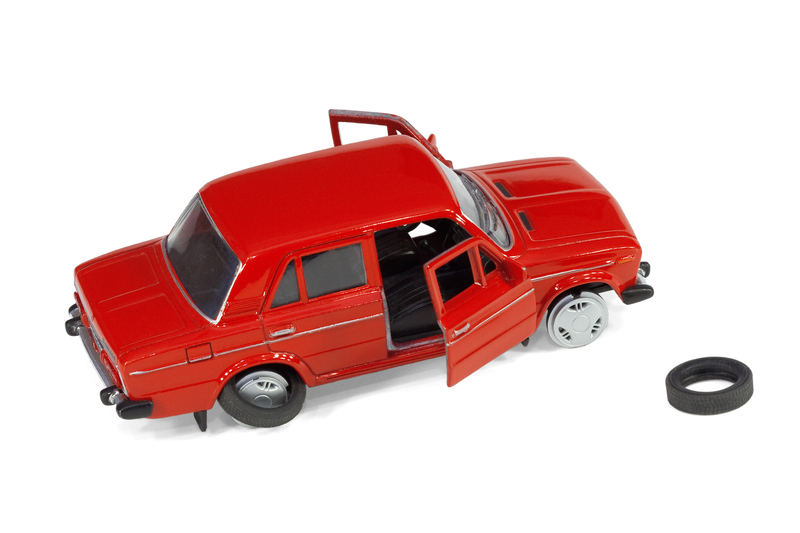
Handling the Situation of an Unemptied Bin: A Comprehensive Guide
In our fast-paced urban environments, waste management plays a crucial role in maintaining cleanliness and public health. Yet, encountering an unemptied bin can sometimes disrupt this balance, leading to overflow, odorous surroundings, and even environmental hazards. How do you handle such situations effectively? This guide will explore various strategies and solutions that individuals and communities can adopt to tackle the issue of unemptied bins.
Understanding the Causes of Unemptied Bins
To effectively manage waste collection issues, it's important to first understand why your bin might not have been emptied. Here are some common reasons:
- Schedule Delays: Sometimes, waste collection teams may face delays due to an influx of waste, unexpected work backlogs, or logistical challenges.
- Incorrect Sorting: Bins containing improperly sorted items might be left unemptied. Waste management companies often stress the importance of following recycling protocols.
- Blocked Access: An obstructed pathway can prevent bin collection. Ensure bins are placed for easy access by waste collectors.
- Service Disruptions: Severe weather conditions, strikes, or public holidays might interrupt scheduled waste collection.
Steps to Handle an Unemptied Bin
Dealing with an overflowing bin can be a nuisance, but the following steps can help manage the situation effectively:
1. Check the Collection Schedule
Sometimes bins are not emptied because of simple oversight. Verify the scheduled collection day in your locality. *Municipalities often provide online resources or apps* where you can double-check this information. Remember that changes might occur during holidays.
2. Contact Your Waste Management Service
If your bin hasn't been collected and it's not due to incorrect scheduling, directly contact your waste management company. A polite inquiry about the missed service can often speed up resolution. Many services have helplines or online platforms for reporting missed collections.
3. Re-sort Your Waste
If waste was improperly sorted, take the time to rearrange your bin according to the recycling instructions provided by your local service. Ensure no non-recyclable materials are placed in recycling bins, which might prevent them from being emptied.
Community Engagement: A Collective Approach
Dealing with waste management issues isn't solely an individual efforts matter. Communities can play a pivotal role. Here's how:
- Organize Local Clean-up Drives: Encourage community members to participate in periodic clean-up activities. It aids in reducing overflow and engages community members in maintaining cleanliness.
- Advocacy: Form or join community pressure groups that can communicate effectively with waste management authorities, voicing collective concerns and suggesting improvements.
- Education and Awareness: Conduct workshops or seminars to educate community members about proper waste disposal and the importance of timely bin collections.
Alternative Solutions to Manage Waste Overflow
While waiting for a resolution, consider these measures to manage excess waste:
- Composting: Reduce volume by composting biodegradable waste such as food scraps and yard waste. Not only does it diminish overflow, but it also has environmental benefits.
- Recycling Centers: If your recycling bin is full, check if there are nearby public recycling centers where you can drop off excess recyclables.
- Storage Solutions: Use heavy-duty trash bags or additional containers for temporary storage until the next collection.
Why Timely Waste Collection Matters
The importance of timely waste collection cannot be overstated:
- Public Health: Accumulated waste can become a breeding ground for pests and spread diseases. Regular collection minimizes these risks.
- Environmental Protection: Overflowing bins can lead to littering and pollution, which harm ecosystems.
- Community Aesthetics: Uncollected waste tarnishes the beauty of neighborhoods and can deter tourists and new residents.

Conclusion
Managing an unemptied bin situation is not just about getting waste collected; it's about adopting a proactive mindset to waste management. By actively engaging with waste management services, advocating for efficient systems, and relying on community strength, we can ensure cleaner, healthier environments for all. So, the next time you face the inconvenience of an unemptied bin, remember these strategies and embrace the opportunity to contribute positively to your surroundings.